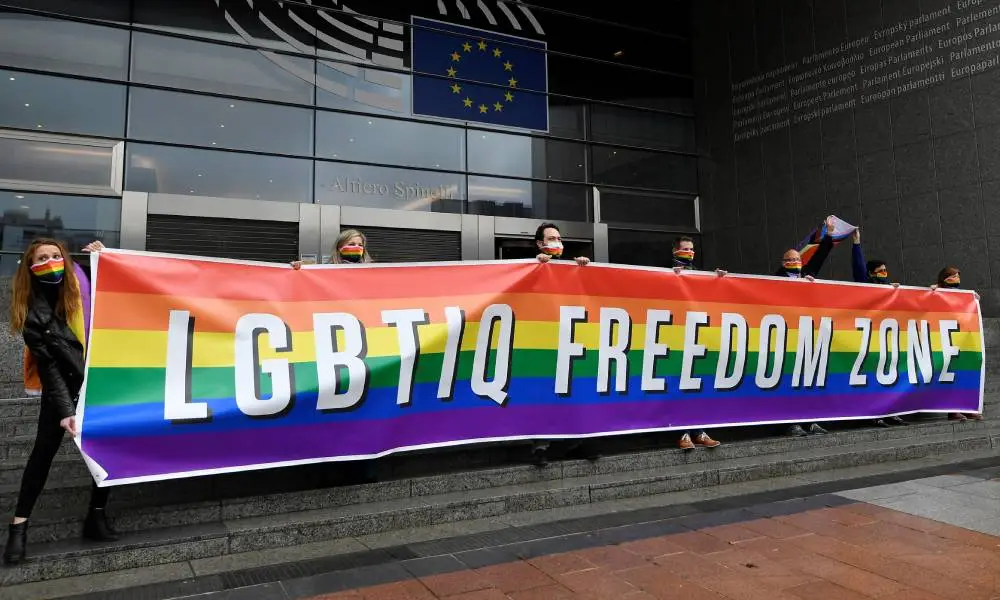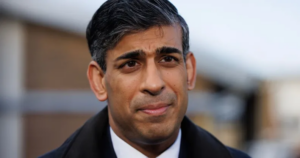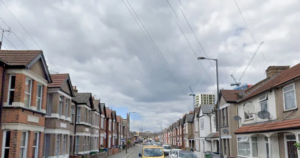In recent years, Poland has faced significant controversy and criticism for the establishment of over 100 municipalities declaring themselves “LGBT-free zones” in 2019. These zones were accompanied by anti-LGBTQ+ rhetoric from the ruling Law and Justice (PiS) party, leading to concerns about discrimination and potential violations of European Union (EU) law. The European Commission responded by warning that discriminatory policies could result in the revocation of EU funding. This article explores the ongoing struggle for equality in Poland and the EU’s commitment to protecting the rights of the LGBTQ+ community.
Challenging Discriminatory Policies
The European Commission has closely monitored Poland’s anti-LGBTQ+ zones, deeming them potentially in violation of EU law regarding discriminatory legislation based on sexual orientation. Elisa Ferreira, the European Commissioner for Cohesion and Reforms, and Nicolas Schmit, the European Commissioner for Jobs and Social Rights, visited Poland in February to address the issue. In response to concerns raised by Pierre Karleskind, the vice-chairman of the EU’s LGBTI Intergroup, Schmit and Ferreira assured that funding would not be granted to local authorities engaged in discriminatory actions.
EU Funding and Enforcement
To ensure compliance with non-discrimination principles, Poland will be subject to regular assessments within a two-month period whenever it requests funds from the EU. The European Commission retains the authority to interrupt or suspend payments and impose financial corrections if necessary. This mechanism aims to enforce adherence to the anti-discrimination clause agreed upon by Poland. The Commission has expressed its commitment to monitoring developments on the ground and expects Poland to rigorously apply the clause.

Progress and Remaining Challenges
The initial interventions by the European Commission led to some regions retracting their anti-LGBTQ+ resolutions. The regions of Świętokrzyskie, Lubelskie, Małopolskie, and Podkarpackie revoked their declarations, while Łódzkie modified its stance. However, many regions in Poland still uphold discriminatory policies, as revealed by the “Atlas of Hate” map created by activists. The persistence of these LGBT-free zones highlights the challenges in eradicating homophobia and promoting equality throughout the country.
The Role of Political Influence
The upswing in homophobia and the introduction of the LGBT-free zones can be partly attributed to Jaroslaw Kaczyński, the leader of Poland’s ruling PiS party. Kaczyński’s party secured an election victory with a campaign criticized for its anti-LGBTQ+ rhetoric. This divisive messaging contributed to the creation of an environment that has allowed discriminatory actions to persist.
A Victory for Love and Equal Rights
The EU’s commitment to equal rights and opposition to discrimination is exemplified by its determination to withhold funding from regions engaging in discriminatory practices. The efforts to combat discrimination and protect the rights of the LGBTQ+ community in Poland represent a victory for love and equality. However, more work remains to be done to eradicate the remaining LGBT-free zones and foster a society that embraces diversity and inclusivity.
Author
-

the world's first and only daily LGBTQ+ evening news show. This program features a variety of hosts and guests who discuss the latest news and events related to the LGBTQ+ community. Queer News Tonight covers topics ranging from politics and entertainment to health and social issues, providing a comprehensive look at what's happening in the LGBTQ+ world.























